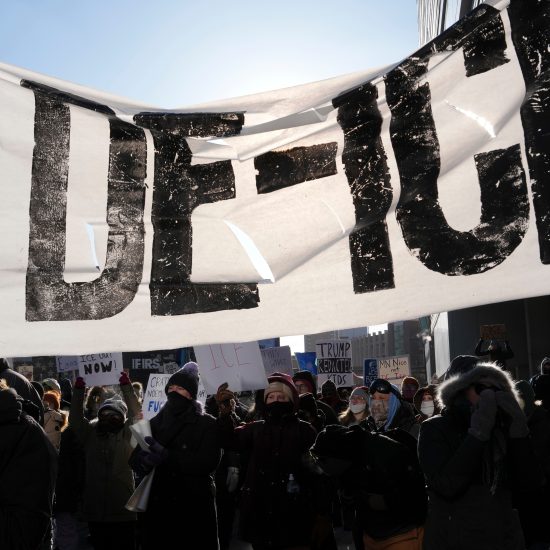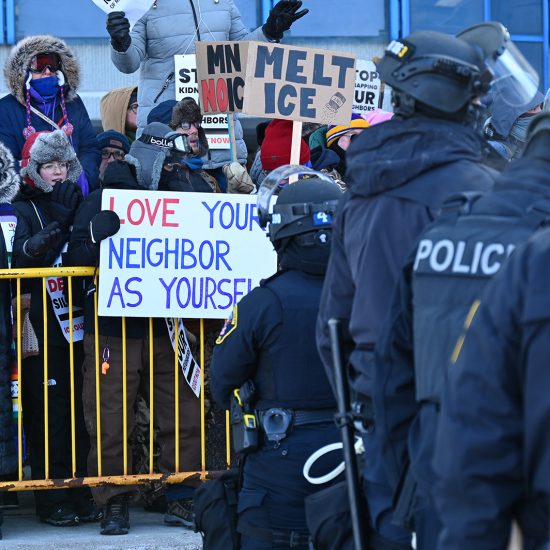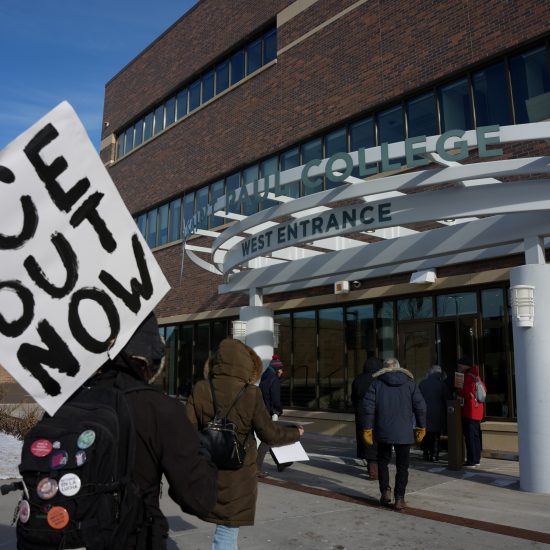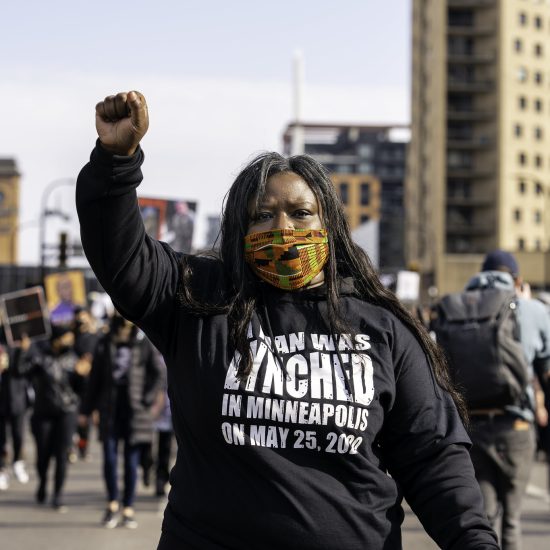
To blame it on a few key leaders is as misguided as it is overly simplistic. The entire culture is to blame.

Christopher Dixon
The independent report released recently on the failure of the Southern Baptist Convention to protect victims over the last two decades is painful, to say the least. We’ll get to the “what now,” as victims of sexual abuse don’t need platitudes, trite sayings, or easy scapegoats. In reality, victims need actual repentance, a path to being whole (which varies as to what that entails), and real change going forward.
Having been part of the SBC my entire life, the issue is an incredibly complex one to wrap our heads and hearts around. An SBC friend of mine contacted me when this story broke and asked, “How could these men do this? Do they not take their leadership roles seriously?” His question is straightforward and legitimate, but as he and I briefly touched on, it’s also more complex than that.
Let’s start with where we’ve been. And an important disclaimer before we go any further: I personally believe that 95% of Southern Baptists – leaders and otherwise – are godly men and women who are doing their best to lead others to a healthy relationship with Jesus Christ. This discussion centers around the 5% that give all of the others a bad name.
The Southern Baptist Convention is the largest denomination that is governed – in theory – from the bottom up. In other words, the churches can hire and fire a pastor and staff and then they tell the convention what to do, rather than the other way around.
This part of the SBC is a little bit confusing to other denominations because Assemblies of God, Catholics, and a number of other groups have control over the local congregation but still have safeguards in place and answer to the regional or national group. That is not how the SBC is run – the national level has virtually zero control over individual churches.
While this type of governance doesn’t excuse this bombshell report, it helps provide some context to the secular world – and other denominational groups – where people cannot fathom why the SBC hasn’t simply put a stop to its problem churches and pastors. It can’t. The churches have to do that. But more on that in a moment.
The SBC is also slow to catch up with the current culture and even prides itself on being “biblically-based” and therefore counter-cultural. In other words, as a denomination, leaders in the SBC would say that they are proud to be focused on growing closer to Christ, rather than looking like the world. That would be fine in theory but has been quite problematic in practice.
For example, the apostle Paul writes in 1 Timothy that men should lead in their households and their churches and that women should quietly submit to the men (paraphrased for brevity). Where we as a denomination have varied significantly from some of our Christian brothers and sisters is that they would contend Paul was writing that to the First Century Church and that it was intended with that specific culture/time period in mind. Some of our friends – let’s say Assemblies of God (AG) for example – would suggest that it was certainly relevant two thousand years ago, but not intended to be interpreted in that way in the 21st Century. Critics of the SBC interpretation might say that the original text was perhaps far more gender-neutral and so on. (I don’t have a dog in that fight and am not arguing one direction or the other; this is simply a very important part of the backstory that led up to the last twenty years.)
Other critics like prominent Bible teacher Beth Moore (no longer welcomed by the SBC) might also argue that SBC seminaries and schools are just fine enrolling women in all types of biblical leadership courses and degrees, but still won’t allow them to lead through a head pastor role. In other words, “we’re fine taking your money but you still must submit to my (male) authority.” Regardless of where one stands on the issue of gender in Christian leadership, her point is a profound one that is hard for any critical thinker to pass up.

Messengers to the Southern Baptist Convention voting on June 13, 2018. Photo by Adam Covington via Baptist Press
Couple that with the fact that our culture is increasingly gender and racially diverse, including in our churches, and that leaves a male-only led denomination that is ripe for some perception problems at the very least. I would contend that culture is shifting far more rapidly than it ever has in the past, and a denomination struggling to hold on to the past has often found itself in protection mode.
Add one more ingredient to the mix. There are literally tens of thousands of SBC churches, and research – both secular and denominational – shows that people attend church less than ever before. Less than 35% of respondents say they attend church regularly, which is down significantly from decades prior. What that does, of course, is pressure all churches to get rears in seats and get people tuning in online. Up until the more recent #MeToo and #ChurchToo movements, groups that weren’t used to change didn’t have any pressing public need – sexual, criminal, or otherwise – to do things differently than they had always done.
Much like the Boy Scouts, Catholic Church, and countless other well-meaning groups, the SBC is now forced to change. Passing the buck, keeping a secret list, and shaming victims is no longer an option.
That leads us to the change that is being forced on SBC churches, now that the proverbial reckoning is here. The cynical side of my personality suggests that even this horrendous scandal will not be enough to change some churches. But the optimistic Christian in me realizes some good will come from these egregious wrongs.
My hope is that no longer will a credibly-accused leader be given a wink and a nudge while the abuse victim is shamed into repenting for something that was not their fault. My hope is that the patriarchal system – that has often bordered on misogynistic – that is deeply engrained in the SBC will be closely examined and begin to reflect where our churches and society are headed.
All of these changes start from within – from those of us who make up the denomination. Those who are power-hungry suggest that any self-examination or reform is “liberal” or “ungodly” or any other disparaging label they can come up with. But that’s a sinful smoke-and-mirrors tactic to disguise the most painful and ugly truth that this report lays out – some of the worst sinners in our culture have been our church leaders who have been wolves in sheep’s clothing.
May the sins of the collective SBC stop with this generation. Our savior Jesus Christ himself would have it no other way.
Christopher Dixon is chief operating officer of eLectio Publishing (electiopublishing.com) and pastor of West Finley Baptist Church near Fordland, Mo. He is also a Word&Way trustee.






